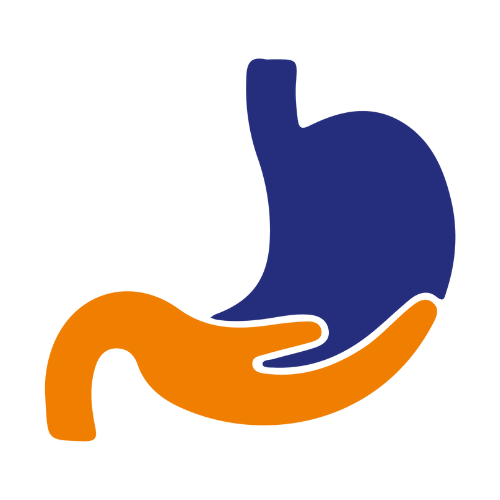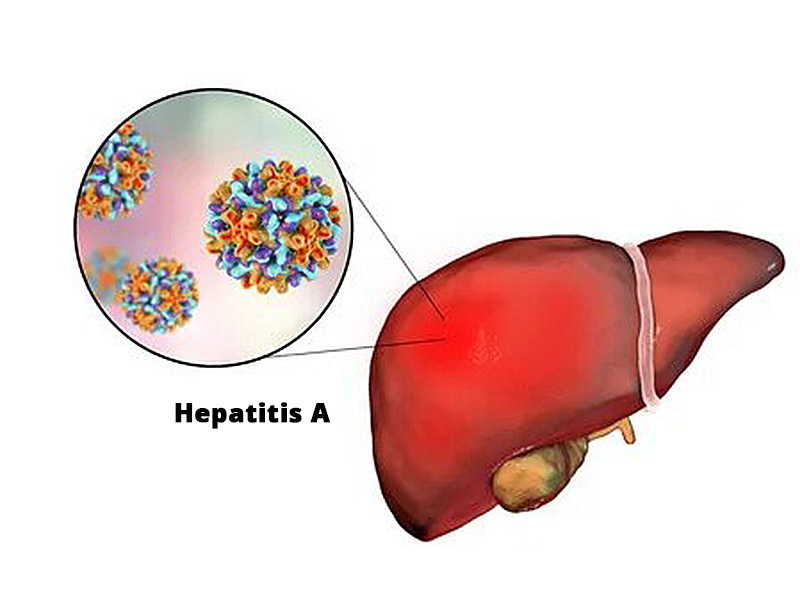Hepatitis A
Hepatitis A is a highly contagious liver infection caused by the hepatitis A virus. The virus is one of several types of hepatitis viruses that cause inflammation and affect your liver’s ability to function.
You’re most likely to get hepatitis A from contaminated food or water or from close contact with a person or object that’s infected. Mild cases of hepatitis A don’t require treatment. Most people who are infected recover completely with no permanent liver damage.
What are the Symptoms?
Not everybody with Hepatitis A present symptoms. Also, in most cases symptoms do not occur until a few weeks.
- Sudden nausea & vomiting
- Tiredness
- Pain in the abdomen
- Clay coloured stool
- Loss of appetite
- Fever
- Jaundice
What are the Causes?
Hepatitis A virus is contagious and can spread by:
- Drinking contaminated water
- Eating food handled or prepared by a person who has the virus
- Having sex with someone who has the virus
- Being in close contact with someone who’s infected
How is it Diagnosed?
Blood tests are used to look for signs of the hepatitis A virus in your body. A sample of blood is taken, usually from a vein in your arm. It’s sent to a laboratory for testing.
What are the Risk Factor?
You’re at increased risk of hepatitis A if you:
- Travel or work in areas of the world where hepatitis A is common
- Attend child care or work in a child care centre
- Live with another person who has hepatitis A
- Are a man who has sexual contact with other men
- Have any type of sexual contact with someone who has hepatitis A
- Are HIV positive
- Are experiencing homelessness
- Have a clotting-factor disorder, such as hemophilia
- Use any type of illegal drugs (not just those that are injected)
How is it Treated?
No specific treatment exists for hepatitis A. Your body will clear the hepatitis A virus on its own. In most cases of hepatitis A, the liver heals within six months with no lasting damage.
Hepatitis A treatment usually focuses on keeping comfortable and controlling signs and symptoms. You may need to:
- Rest: Many people with hepatitis A infection feel tired and sick and have less energy.
- Manage nausea: Nausea can make it difficult to eat. Try snacking throughout the day rather than eating full meals. To get enough calories, eat more high-calorie foods. For instance, drink fruit juice or milk rather than water. Drinking plenty of fluids is important to prevent dehydration if vomiting occurs.
- Avoid alcohol and use medications with care: Your liver may have difficulty processing medications and alcohol. If you have hepatitis, don’t drink alcohol. It can cause more liver damage. Talk to your doctor about all the medications you take, including over-the-counter drugs.

